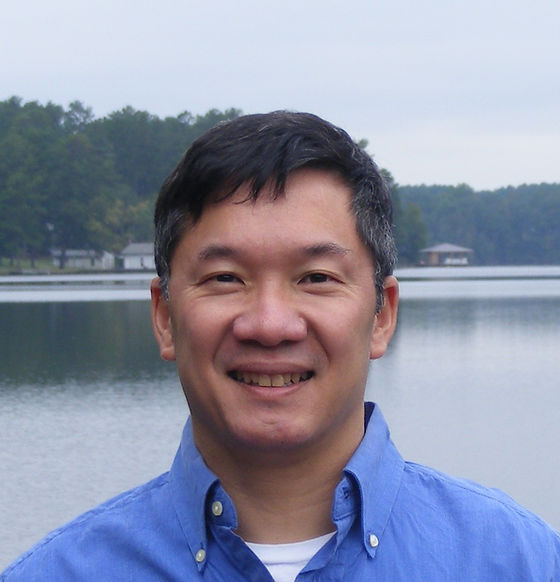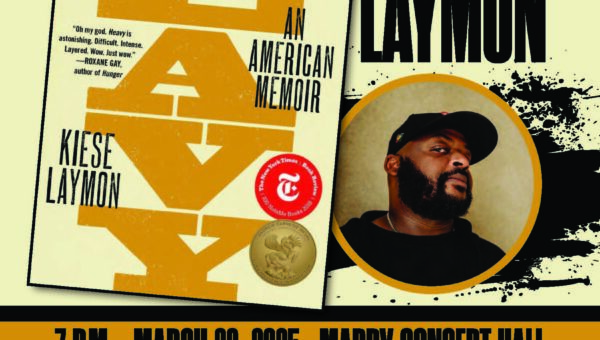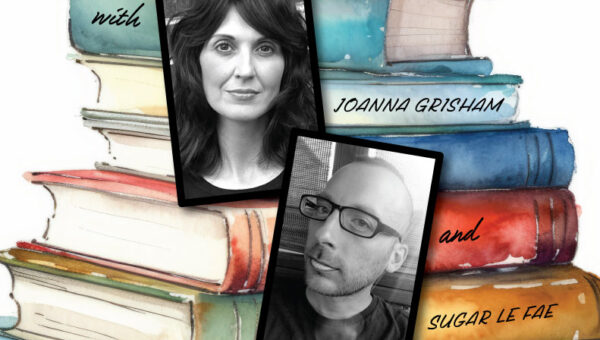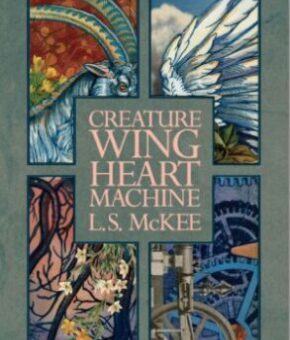Allen Gee’s short story “Who Do You Think You Are?” depicts some of the complex and often disappointing realities associated with family relationships. While it highlights the intricacies of growing up in an Asian household, it shows the commonality of being human in a beautiful and compelling way. Because this story spoke to me so profoundly, I reached out to Dr. Gee to ask him some questions about his work.
Tara Chisenhall: What are the things you’re currently reading that excite or inspire you?
Dr. Allen Gee: I’m currently reading Yiyun Li’s The Book of Goose, a novel, and Edward Abbey’s book of essays, Down the River. I tend to read fiction and non-fiction, since I’m always working on stories and essays.
TC: In the story, the narrator’s frustration and hurt were directed toward their father but you also depict a mother who is silent. How do you see this silence influencing someone’s sense of identity?
AG: In my story, “Who Do You Think You Are?” the mother’s silence is fictional, meaning that in real life, my mother wasn’t silent. She was, and remains to this day, a rescuer of people, a very strong woman, but for the purpose of the story, the mother’s character is silent because the conflict is focused upon the narrator and his father. Her silence also parallels the narrator’s silence towards his father. Also, the grandmother’s character is not silent, and what she says and her story can be viewed in certain ways as tragic, which is meant to be a form of protest. She doesn’t approve of the father, as well. I should say, I’ve written many stories, and most of them don’t have a negative father character. I’m usually interested in positive representation for Asian male characters. But that’s artistic politics; I have, of course, encountered Asian males who could be considered far less than ideal people. My father, in real life, happens to have been a very positive role model for me.
TC: How would you answer your story’s title; who do you think you are?
AG: “Who Do You Think You Are?” is the narrator’s view of his father. Another way of looking at this is, it’s a phrase that embodies the narrator finally talking back, or taking a stand for how he wants to live his own life, so he’s telling his father that only he can make that decision for himself. His life is not for his father to live for him.
TC: Where would you like to see the representation of BIPOC literature evolve to from where it is currently?
AG: That’s a big question. I’d like to see BIPOC literature evolve to a place where characters can happen to be of a certain race, but their stories, particularly in fiction, don’t have to be filled with “ethnic” markers, or in other words, the characters’ lives shouldn’t have to be instructive about their minority cultures for readers. I’m all for protest stories and novels where race is the main concern, but I’d also like to see more work where minority characters are in situations where their race isn’t the main focus. Representation can occur in all sorts of ways, is what I’m trying to say.






